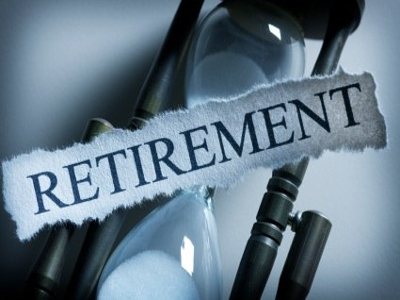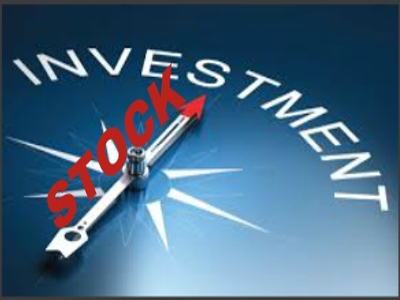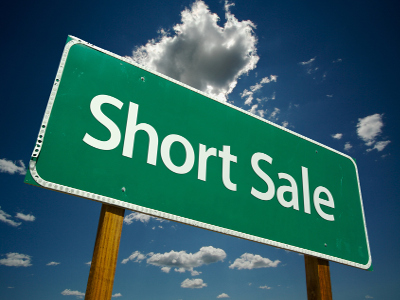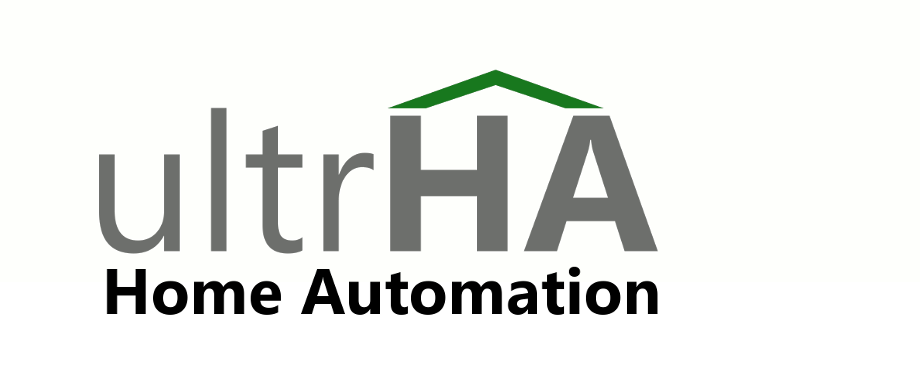
There are several reasons, why people become landlords. Ranging from long term retirement plans, investment opportunities, quick cash through fast sale or simply an alternative to stocks and bank accounts.
All of the above can benefit from Home Automation in one or more ways and we would like to demonstrate here, what those options include and what benefits landlords can gain short and/or long term.

Landlords invests in properties to keep them long term and have the tenants pay the respective mortgages. The landlord is responsible for repairs and keeping the property up to date and more importantly “rent-able”.
Home Automation can help in several ways here. For one it helps in preventive actions e.g. water leak sensors detect and notify the right person before large or costly damages can occur. This also helps with the property insurance, as most insurances provide discounts for such proactive actions.
Security is also a big item for tenants and landlords. Cameras, integrated alarm systems, motion sensors, automated lights, etc all provide more security and safety to the tenants and respectively to the landlords as well. Especially if a rental property is vacant due to tenants replacement, which is where most of the burglaries take place.

Home Automation can help in several ways here as today’s tenants are expecting certain technology to be present. Especially the Millennials are more likely to rent a smart home before any other home. Studies in 2015 and 2016 have shown that the ratio of people renting or buying a smart home has risen to 45% from previously 13%.

Equipping a rental property with smart thermostats, smart sprinkler systems, smart bulbs, etc is becoming the “norm”. This norm comes with a price. Studies in Europe and US show a willingness to pay up to 12% more rent per month for a smart home. As more and more homes become “smart” that number will decrease, so now is the time to jump in.

Regardless if you are the seller or a realtor, your chances of selling a smart home are much higher compared to any regular home. Depending on the state, the Return Of Investment (ROI) can vary from 2x to 10x, which means an investment of $5k can bring an increased selling price of $10k to $50k!
Many house owners, who are in the process of selling their home should consider an “upgrade” to a smart home. The upgrade might take 1 or 2 weeks but the ROI will be instantly through the sale of the home. Any short term gains for a short sale can be increased through Home Automation.
Regular Home
Non-smart home Lower market value
Lower market value Higher insurance
Higher insurance Less attractive to tenants
Less attractive to tenants Less ROI for long term investments
Less ROI for long term investments Longer time to sell on the market
Longer time to sell on the market Notifications through tenant or property management company
Notifications through tenant or property management company Standalone security system
Standalone security system
Smart Home
Connected Smart Home Higher market value
Higher market value Lower insurance
Lower insurance More attractive to tenants with higher rent
More attractive to tenants with higher rent More ROI for long term investments due to higher rent
More ROI for long term investments due to higher rent Short time to sell on the market with much bigger ROI
Short time to sell on the market with much bigger ROI Preventing notifications
Preventing notifications Higher security
Higher security
ultrHA LLC
We guarantee you will love home automation as much as we do!
© 2023 ultrHA LLC
Follow Us
